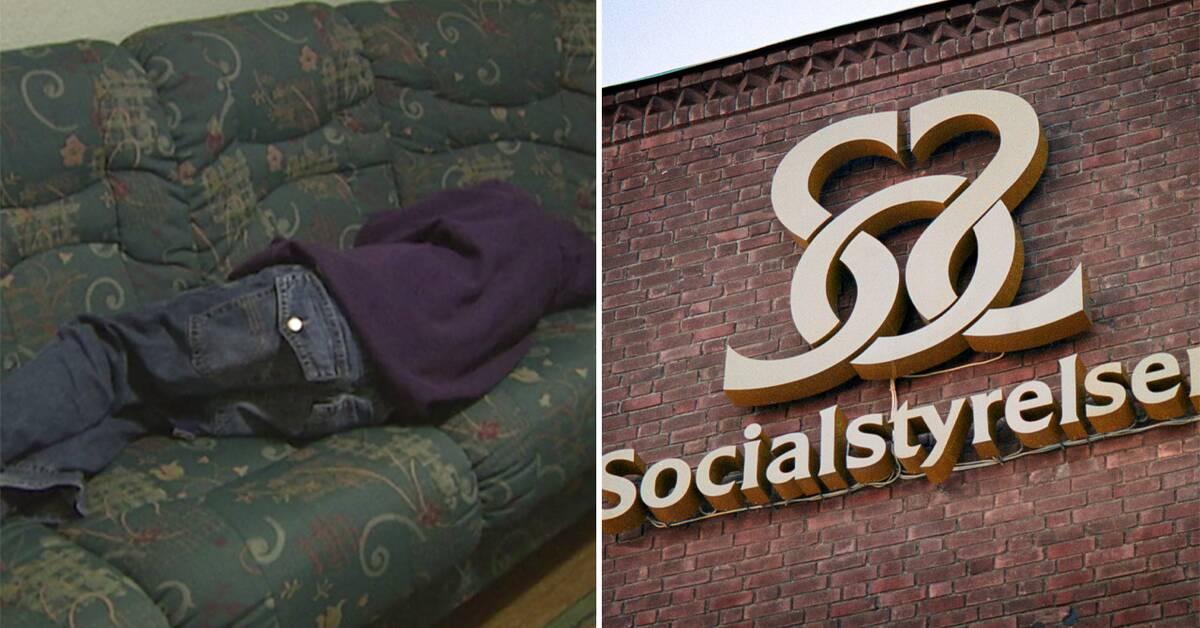In 2019, the magazine Filter revealed that there were children who were pressured by their parents to play apathetically, and that new methods where they separated the children from the parents showed positive results.
After the revelation, the waves of the debate went high, and in January it received new fuel from a review in the newspaper Expressen, about a father who received large sums in compensation for the care of an alleged apathetic daughter.
Developed working methods
After 2019, the National Board of Health and Welfare has initiated several meetings with a network of, among others, committed pediatricians and researchers.
The latest was held as late as April, and documentation from there shows that the number of cases continues to decline.
In 2021, only six new cases of children with abandonment syndrome in care were registered according to the preliminary figures.
In 2020, there were twice as many and in 2017 the corresponding figure was 62 - more in ten times as many.
The total number of children cared for for abandonment syndrome during the year is also decreasing.
In 2021, they were 23 compared to 44 the year before and 108 in 2017.
Several pediatricians have expressed that the treatment of the children was for a long time too one-sidedly focused on parental support and that the family was granted a residence permit.
- What we worked for was a permanent residence permit, Johanna Dalström at the Children and Youth Clinic at Falu Hospital told SVT.
In both Falun and Uppsala, like other BUP units in the country, they have over the years developed their working methods and designed their own guidelines.
"Do not know what to investigate"
The Swedish Pediatric Association has long been a strong voice in the debate and critical of the information that children should deliberately manipulate their children.
The association's outgoing chairman Lena Westas was not involved in that debate, but believes that those who acted then did so with the best interests of the child in mind.
She also questions the demands for the self-examination performed, by, among others, the pediatrician Ingrid Segerberg.
- I must honestly say that I do not really know what it is we are going to investigate, Westas says to SVT News.
She regrets, however, that no major studies examined these children "more unconditionally".
- The problem is that this new disease has not been studied systematically.
I think we can all learn a lot from this and that we must continue to clarify the knowledge gaps that still exist about abandonment syndrome.
The National Board of Health and Welfare's memoirs from the most recent network meeting show that they are now discussing how the network's experiences can be compiled.
Examples include case descriptions, success factors and obstacles.

